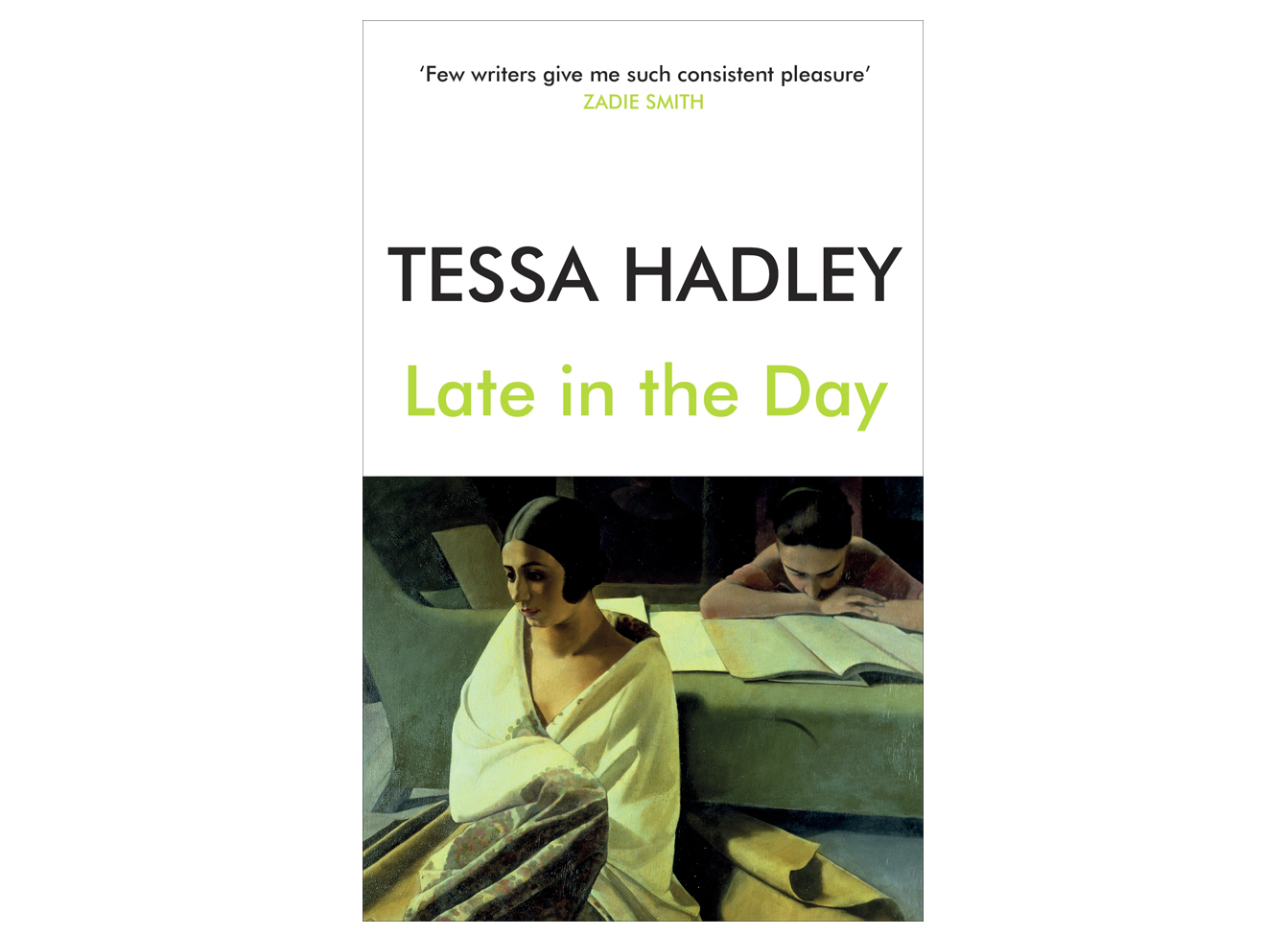
Late in the Day, Tessa Hadley (Penguin)
For pure reading pleasure and the thrill of discovering a new favourite writer, my best book of 2019 was Late in the Day, by Tessa Hadley, a longtime quiet achiever with a growing fan base (that includes Zadie Smith). Set in art-world contemporary London, it’s the story of two couples, best friends since their university days, whose foundations are shattered when one of them – gallery owner Zac, the one most beloved by them all – dies.
His wife Lydia, a legendary beauty, moves in with Christine, an artist (as composed as Lydia is erratic) and her husband Alec, an acerbic poet turned teacher … and Lydia’s long-ago crush.
In flashbacks, we see how they all became who they are, and in the present, watch as these relationships are tested. It’s a gorgeous, psychologically astute portrait of both marriage and friendship, richly seeded with references to books, music and art.